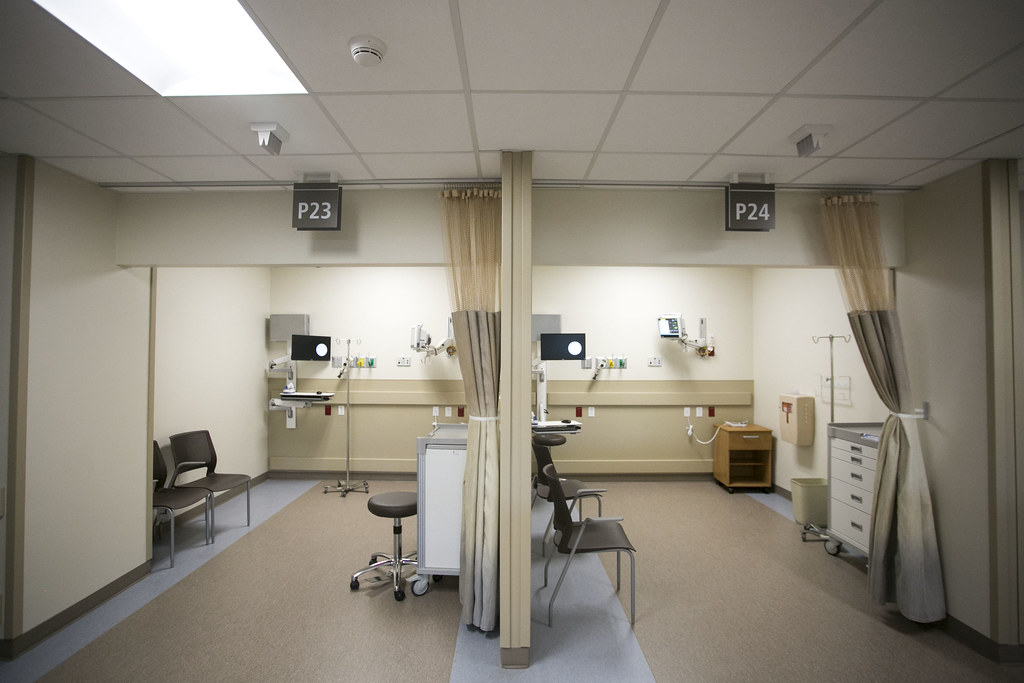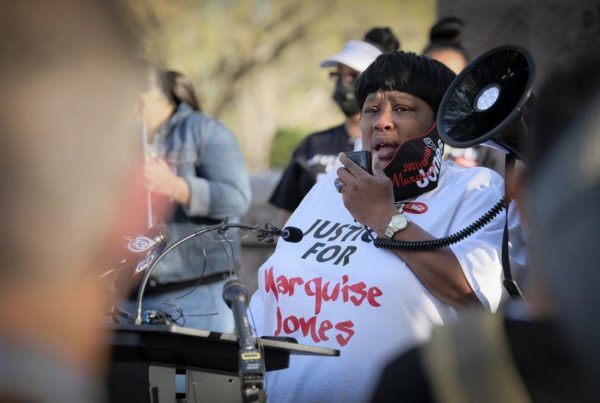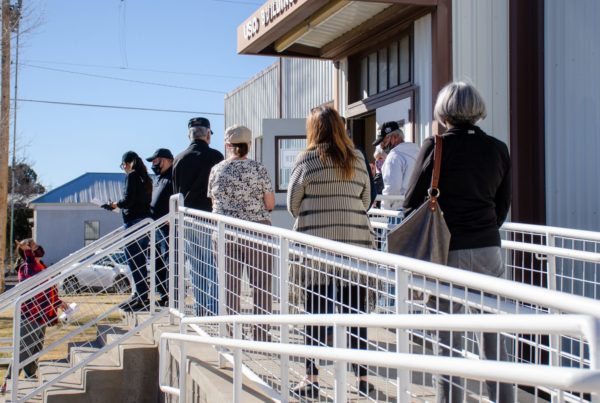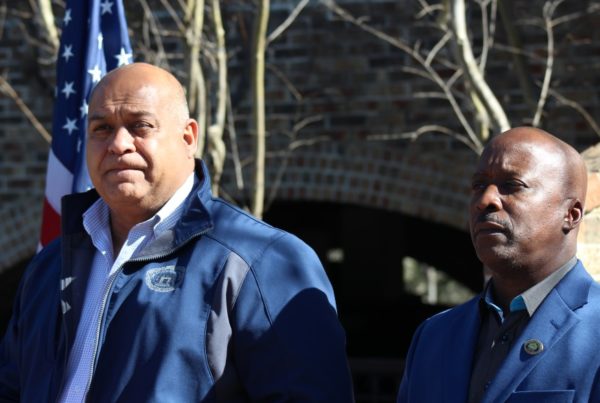The Texas Legislature is set to, again, refuse billions in federal dollars for Medicaid expansion. House Republicans voted last week against baking that money into the state’s biennial budget.
Dallas Morning News Austin Bureau Chief Bob Garrett told Texas Standard that most in the Texas GOP still view Medicaid expansion as “radioactive” because of its ties with the Affordable Care Act and former President Barack Obama.
The Affordable Care Act, or Obamacare, which became law in 2010, made billions more dollars available to states to expand their Medicaid programs. Medicaid is health insurance for people with low incomes. In Texas, it’s limited almost exclusively to individuals with low incomes who are also living with disabilities, as well as children; most working poor aren’t eligible. As a result, Texas has the highest rate of uninsured people in the country.
Garrett says that will likely continue without Medicaid expansion.
But the effect isn’t just on individuals. Opting out of expansion affects the entire Texas health care system. Rural hospitals, for example, have been closing at an alarming clip – another negative consequence Garrett also expects to go on.
“I think the pressure on some of the rural and less thriving hospitals is going to continue financially,” he said.
Garrett says Texas House Democrat Garnet Coleman drove the House effort for a Medicaid waiver compromise so that Texas could still get federal dollars but have more choice about how to use them. But Republicans didn’t budge. Garrett says that’s because they’re worried that voting for any form of Medicaid expansion could cost them their seats.
“Their fear, once again, is, ‘Do I get primaried?'” Garrett said. “It’s a jungle out there, and you don’t want to have an ad run against you that you were, you know, a RINO [Republican In Name Only], a squish, who voted for an Obamacare-type program.”
Other bills related to Medicaid expansion are still pending in the Texas House and Senate. But Garrett says the proposed budget amendment was its best shot, and it failed.
“I think it’s a very dismal prospect for those who want to do something big about expanding coverage for low income Texans,” he said.














